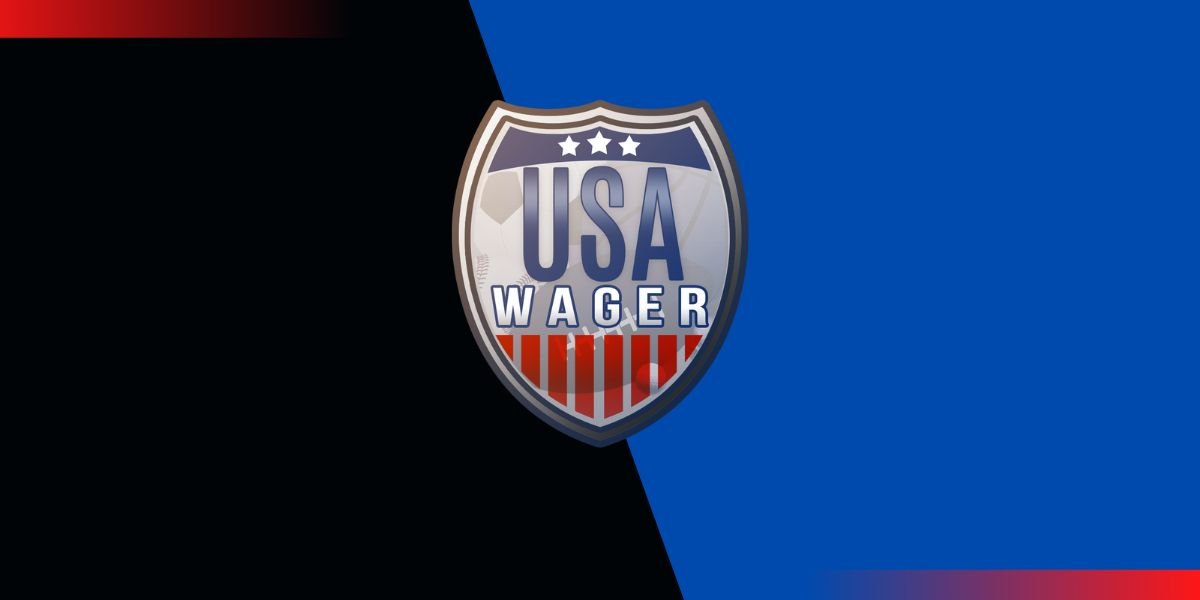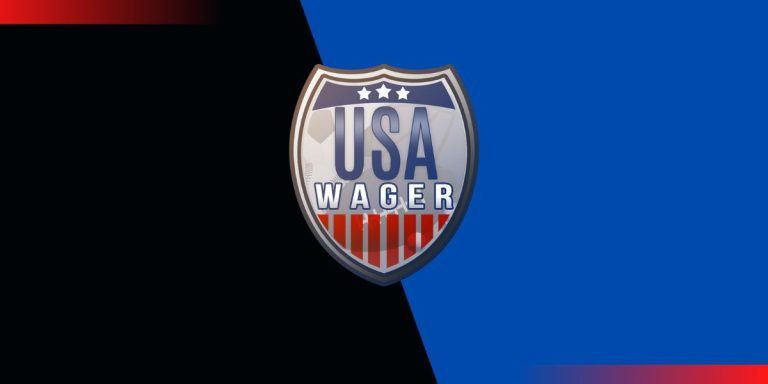Ohio Looking to Jump on the Legal Sports Betting Bandwagon
Ohio’s Senate has introduced legislation to legalize sports betting after an attempt at joining 25 other states resulted in a lack of approval in 2020. This version of the bill has some changes that the sponsors hope will lead to its passage and subsequent implementation by January 1, 2022.
Despite the revisions made from the previous unsuccessful version, it appears the bill still needs a good deal of tweaking before it accomplishes what the state wants and to keep from stirring opposition from those entities already engaged in legal gambling activity in Ohio. All of those upcoming actions make their desired timeline look rather ambitious, especially when looking at the experience of other states in their legal sports betting journeys.
Highlights of the Bill
The legislation, as currently drafted, allows for up to 40 licenses to be issued, evenly split among two classes of operators. Class A licenses would be for mobile sportsbook operators who assume the risk of the wagers that they accept, while Class B licenses would be for retail sportsbook operators, although the details of what that would actually entail are not clear.
According to the language of the bill, as it now reads, Class A licenses would not permit the opening of a retail sportsbook at the locations where current casinos are already operating because they are limited to mobile sportsbooks. The same limitations exist for Class B licenses since they don’t specifically allow on-site sportsbooks at casinos or racinos.
The cost of a license is $1 million for three years, which will provide the state a nice bit of revenue even before the 10% tax on wagering revenue is collected. There is also a stipulation in the bill that allows for a sports betting pool product to be offered by the Ohio Lottery Commission, in part to ensure that they don’t get left off the guest list.
The licenses are to be granted on a first-come, first-serve basis, but the criteria for determining who gets them and how they go about applying is still not detailed in the bill. If the process that other states have used is followed by Ohio, then there will be a period of time, probably 60 to 90 days, where the Casino Control Commission will draft more detailed regulations surrounding sports betting.
Additional Issues to Be Faced
Ohio has six Big Four professional sports franchises as well as 11 casinos currently operating in the state, yet there is no provision specifically addressing their opportunity to offer retail sportsbooks. There has also been the mention of preference given to retail sportsbook applications that provide a higher level of economic impact, either at the local or state level, but again, a lot of detail has yet to be provided.
It’s clear that the legislation still needs a lot of work, and that process will begin on Wednesday, May 12, at the Senate’s Select Committee on Gaming hearing, where those with a vested interest in the bill will have an opportunity to provide testimony. Whether the Senate can actually have a bill ready for a vote by their stated deadline of June 30 is dependent on how many changes they need to make after hearing from stakeholders.


